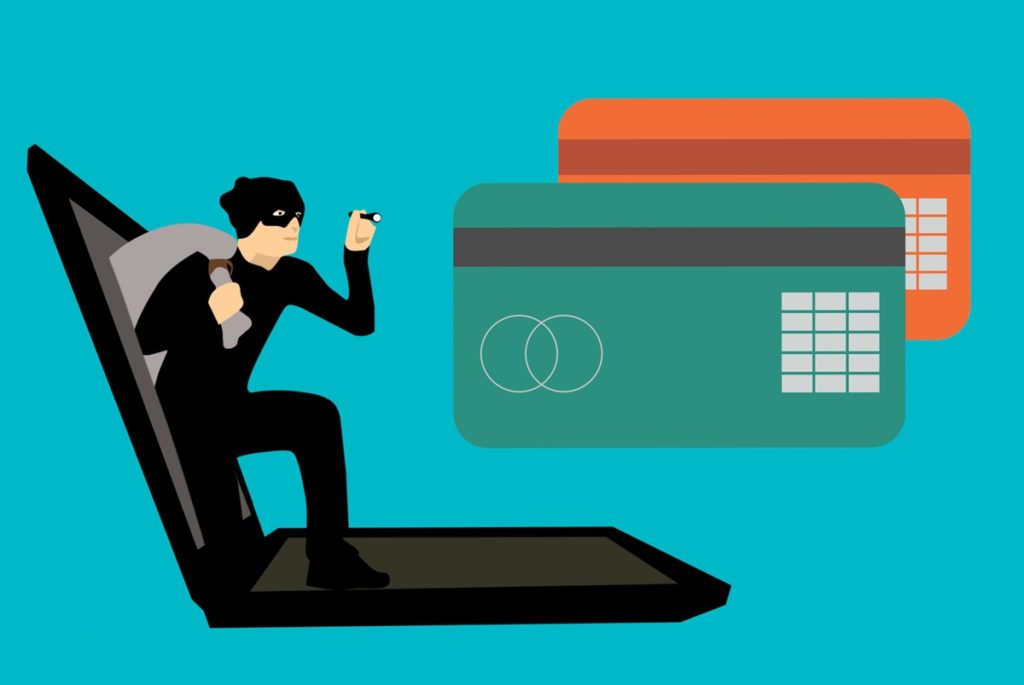In the ever-evolving digital landscape, online gambling has become a popular pastime for many. While it offers convenience and a wide array of gaming options, it also opens the door to potential scams. These deceptive practices can not only ruin the fun but also lead to significant financial losses. With the rise of online gambling scams, it’s crucial to stay vigilant and informed. In this article, we delve into seven essential tips to help you spot and avoid online gambling scams, ensuring a safe and enjoyable gaming experience.
Key Takeaways
- Verify Licensing: Always check for a valid license from a reputable authority to ensure the gambling site adheres to fair play and consumer protection standards.
- Read Reviews: Look for honest player reviews and feedback, especially regarding withdrawals and customer service, to gauge the site’s credibility.
- Be Cautious of Offers: Be wary of offers that seem too good to be true, like excessive bonuses or guaranteed wins, and always read the terms and conditions.
- Secure Payment Methods: Use gambling sites with well-known and secure payment options and avoid those that require untraceable payment methods.
- Transparent Terms and Conditions: Choose sites with clear and fair terms and conditions, particularly regarding bonuses and withdrawals.
- Protect Personal Information: Ensure the site has robust security measures to protect your personal and financial information and be wary of sharing excessive details.
- Trust Your Instincts: If something feels off about a gambling site, trust your instincts and look for a more reputable platform.
- Regular Software Updates: Keep your devices updated to protect against vulnerabilities used in online scams.
- Use Reliable Anti-Virus Software: Employ anti-virus software to detect and prevent malware and phishing attacks that are common in online gambling scams.
1. Verify Licensing and Regulation
Legitimate online gambling sites are always licensed and regulated by recognized authorities. This licensing ensures that the site adheres to strict standards of fair play and consumer protection. Always check the website for licensing information, which is usually found at the bottom of the homepage. The presence of a license from a reputable body, such as the UK Gambling Commission or Malta Gaming Authority, is a strong indicator of a trustworthy site.
Licensing authorities regularly audit these sites, ensuring they follow fair gaming practices, such as using random number generators. Furthermore, these sites are required to have measures in place to protect players’ funds and personal information. If a site lacks clear licensing information, it’s a significant red flag, and you should consider finding a more reliable platform.

2. Read Reviews and Feedback
Reviews and feedback from other players are invaluable when assessing the credibility of an online gambling site. A genuine site will often have a mix of positive and negative reviews, but what’s critical is how the site addresses the concerns raised. Look for comments about withdrawal processes, customer service responsiveness, and the fairness of games. Numerous negative reviews, especially about withdrawals or rigged games, are warning signs.
Additionally, consider the source of the reviews. Independent review sites and forums can offer more candid feedback compared to testimonials featured on the gambling site itself. However, be wary of overly positive or scripted reviews, which can be misleading. Always cross-reference reviews from multiple sources to get a balanced understanding of the site’s reputation.
3. Beware of Too-Good-To-Be-True Offers
Online gambling sites often lure players with attractive bonuses, but it’s crucial to be wary of offers that seem too good to be true. Exorbitant bonuses or promises of guaranteed wins are common tactics used by fraudulent sites to attract unsuspecting gamblers. Legitimate sites offer bonuses too, but they come with clear and reasonable terms and conditions. Always read the fine print associated with any offer.
Look out for high wagering requirements or restrictions on withdrawals. These could be signs that the site is using the offer as a bait. Remember, in the gambling world, if an offer seems implausible, it probably is. A genuine site aims to provide entertainment and a fair chance of winning, not unrealistic promises of easy money.
4. Secure Payment Methods
The security of payment methods is a critical factor in determining the legitimacy of an online gambling site. Trustworthy sites offer a range of well-known and secure payment options, such as credit cards, e-wallets like PayPal, and bank transfers. These methods provide a level of protection and traceability for your transactions. Be cautious of sites that only accept payments through cryptocurrencies, wire transfers, or other untraceable methods, as these can be red flags for scam operations.
Furthermore, secure sites implement encryption technologies to protect your financial data during transactions. Look for indicators of web security, such as a padlock icon in the browser’s address bar, indicating that the site uses SSL (Secure Socket Layer) encryption. This level of security ensures that your sensitive information is encrypted and safe from hackers.
5. Look for Transparent Terms and Conditions
Transparency in terms and conditions is a hallmark of reputable online gambling sites. Legitimate sites provide clear, understandable, and easily accessible terms and conditions. Pay special attention to the rules regarding bonuses, withdrawals, and play requirements. Scam sites often have unclear or hidden terms that can trap players into unfavorable conditions. If you find the terms confusing, overly complicated, or if they seem to hide certain key details, it’s a strong indicator that the site may not be trustworthy.
Additionally, a legitimate site will ensure that its terms and conditions comply with the laws and regulations of the jurisdiction it operates in. If a site’s terms seem unfair or predatory, it’s advisable to look for a more reputable platform.
6. Protect Personal Information
A reputable online gambling site should have robust security measures in place to protect your personal and financial information. Avoid sites that request excessive personal details beyond the standard requirements (name, address, payment information). Your data should be protected with advanced encryption technologies, similar to those used by banks. Look for information about their privacy policy and how they handle user data.
If a site is vague about its security measures or seems to lack adequate protection, it’s a significant risk to your personal information. Additionally, be cautious about sharing personal information over unsecured networks or through unverified emails claiming to be from the gambling site, as these can be phishing attempts.
7. Trust Your Instincts When It Comes To Gambling Scams
Finally, always trust your instincts when gambling online. If a site gives you a bad feeling, or something seems off, it’s better to err on the side of caution. This could be anything from the site’s design, how they communicate, or the way games operate. Trustworthy sites aim to provide a comfortable and enjoyable user experience.
If you feel pressured to make deposits, or if games seem unfairly skewed, it’s worth taking a step back. Remember, there are plenty of reputable sites, so don’t settle for one that doesn’t feel right. Your intuition, combined with diligent research, can be a powerful tool in avoiding scams.
8. Regular Software Updates
Ensure that your computer or mobile device is always running the latest software and security updates. Operating systems regularly release updates to patch vulnerabilities that scammers can exploit. Outdated systems are easier targets for hackers, who often use these weaknesses to initiate phishing attacks or to install malicious software.
Regular updates not only enhance the performance of your device but also fortify its defenses against the sophisticated tactics used in online gambling scams. Additionally, consider enabling automatic updates to ensure you’re always protected with the latest security enhancements.
9. Use Reliable Anti-Virus Software
Installing and maintaining a reliable anti-virus program is crucial in safeguarding against online threats. Anti-virus software plays a critical role in detecting, quarantining, and removing malicious software that could compromise your personal information. These programs also help in blocking phishing attacks, which are common in online gambling scams.
Regularly updating your anti-virus software ensures that it can recognize and defend against the latest threats. It’s also advisable to conduct regular scans and be cautious about disabling the software, even temporarily, as this can leave you vulnerable to attacks while engaging in online gambling activities.
Conclusion on Avoiding Gambling Scams
Staying safe in the world of online gambling requires vigilance and an understanding of the common tactics used by scammers. By following these seven expanded tips, you can better protect yourself from online gambling scams. Always remember to gamble responsibly, and prioritize your safety and security above all else. Enjoy the thrill of the game, but do so on platforms that respect and protect their players.











